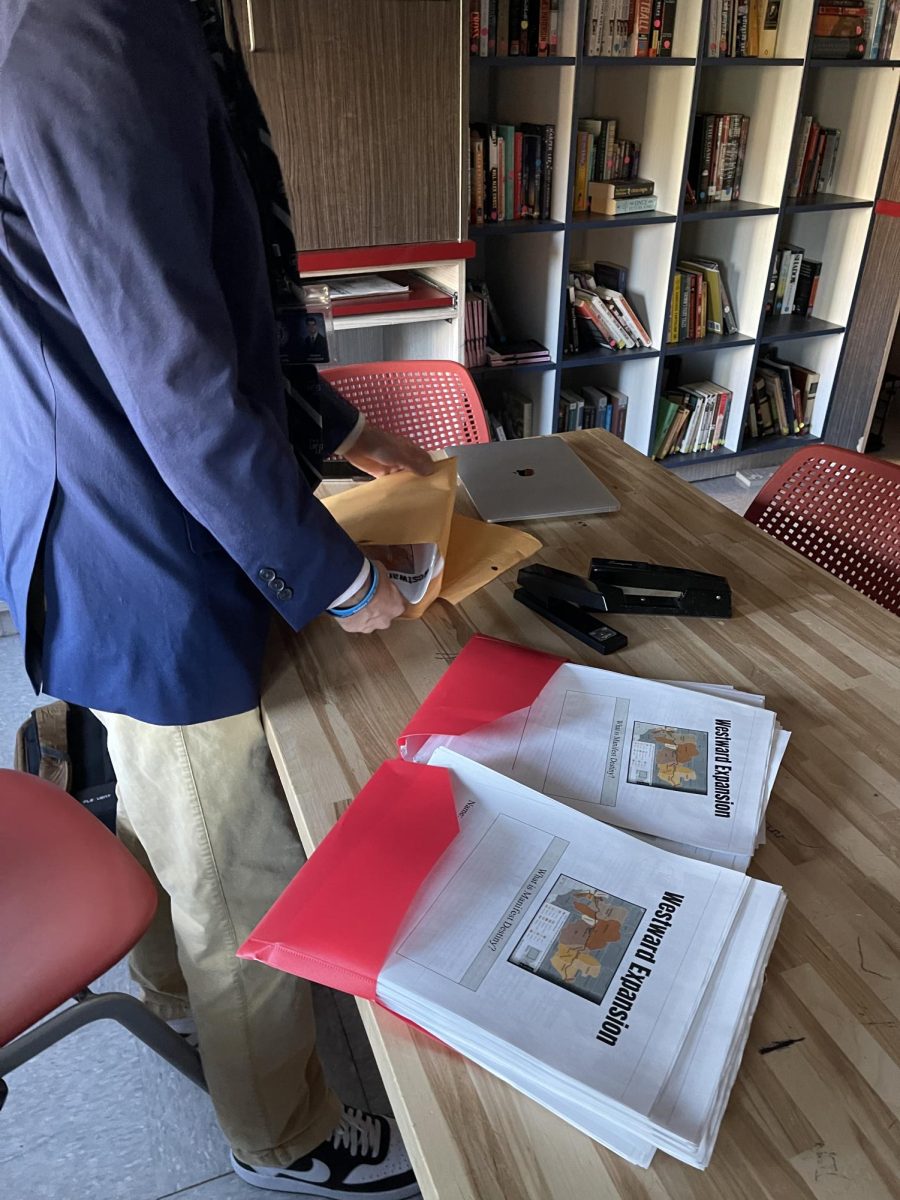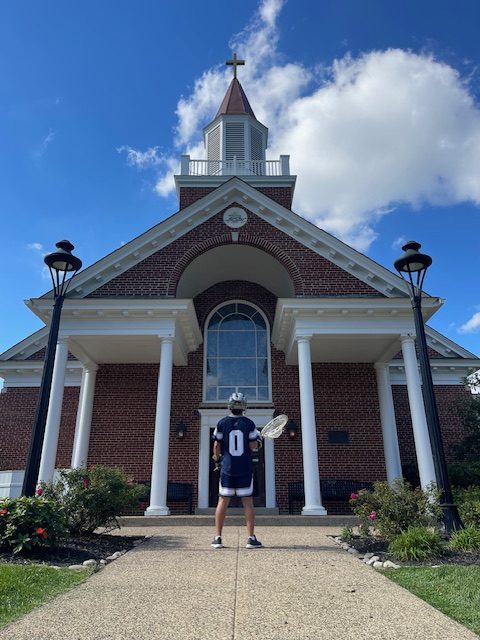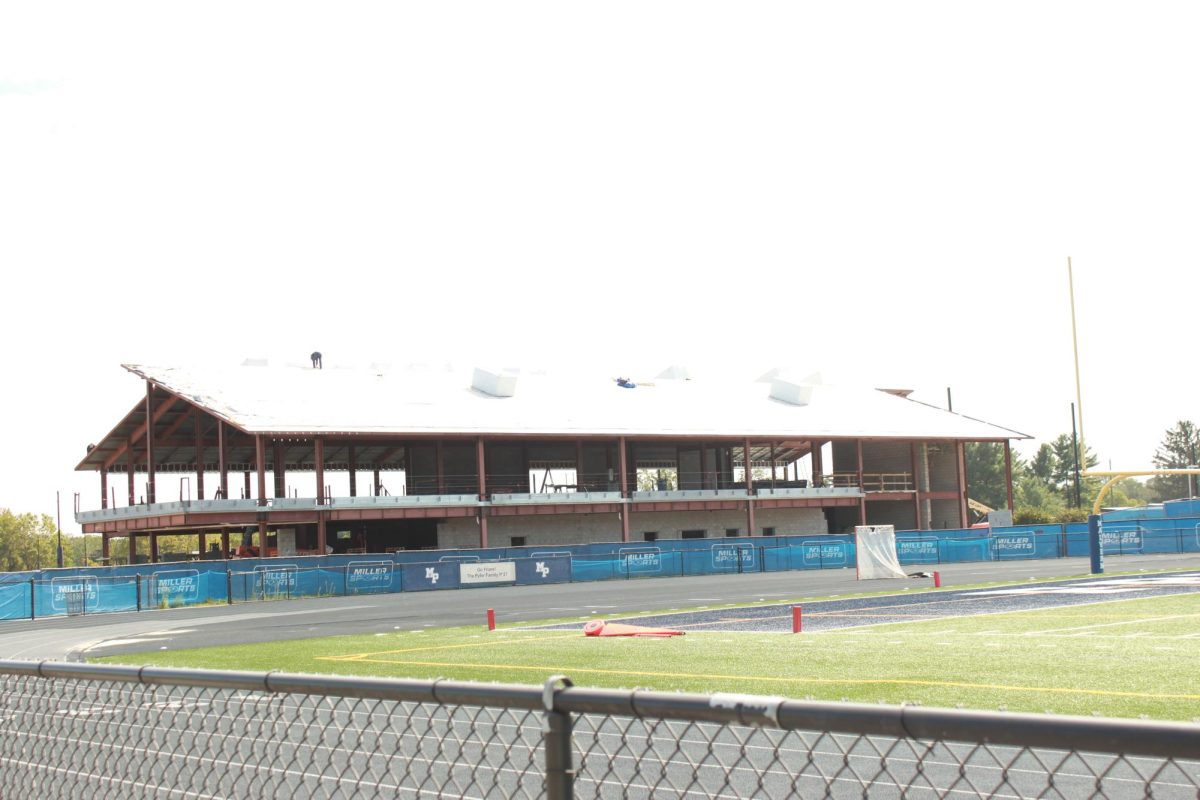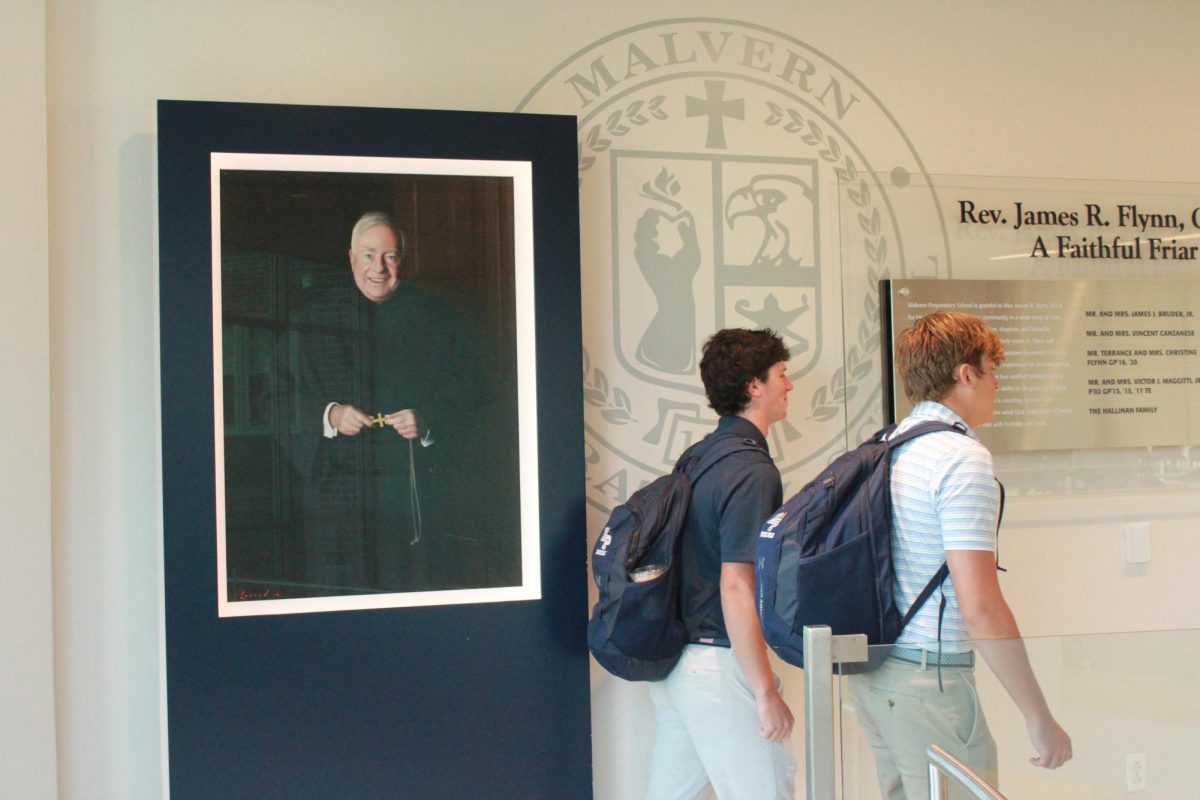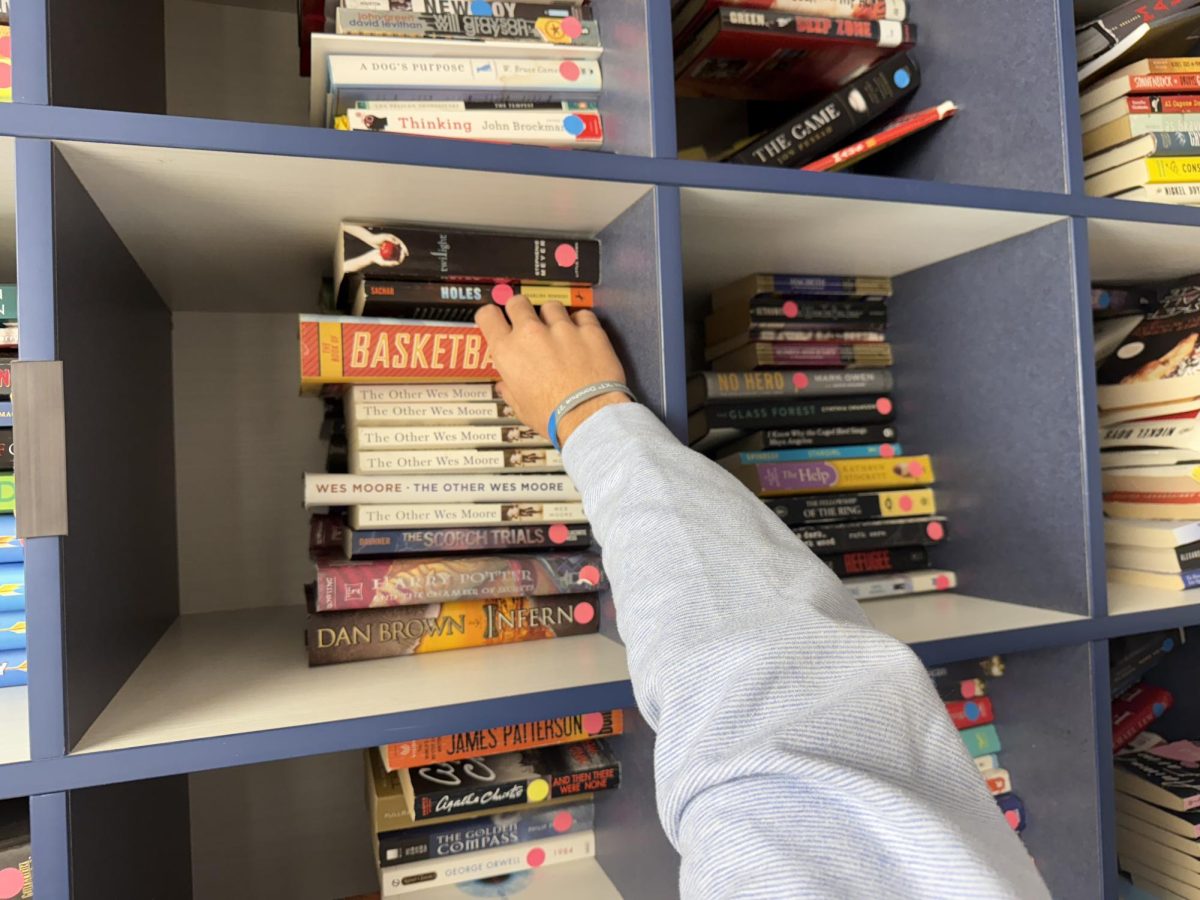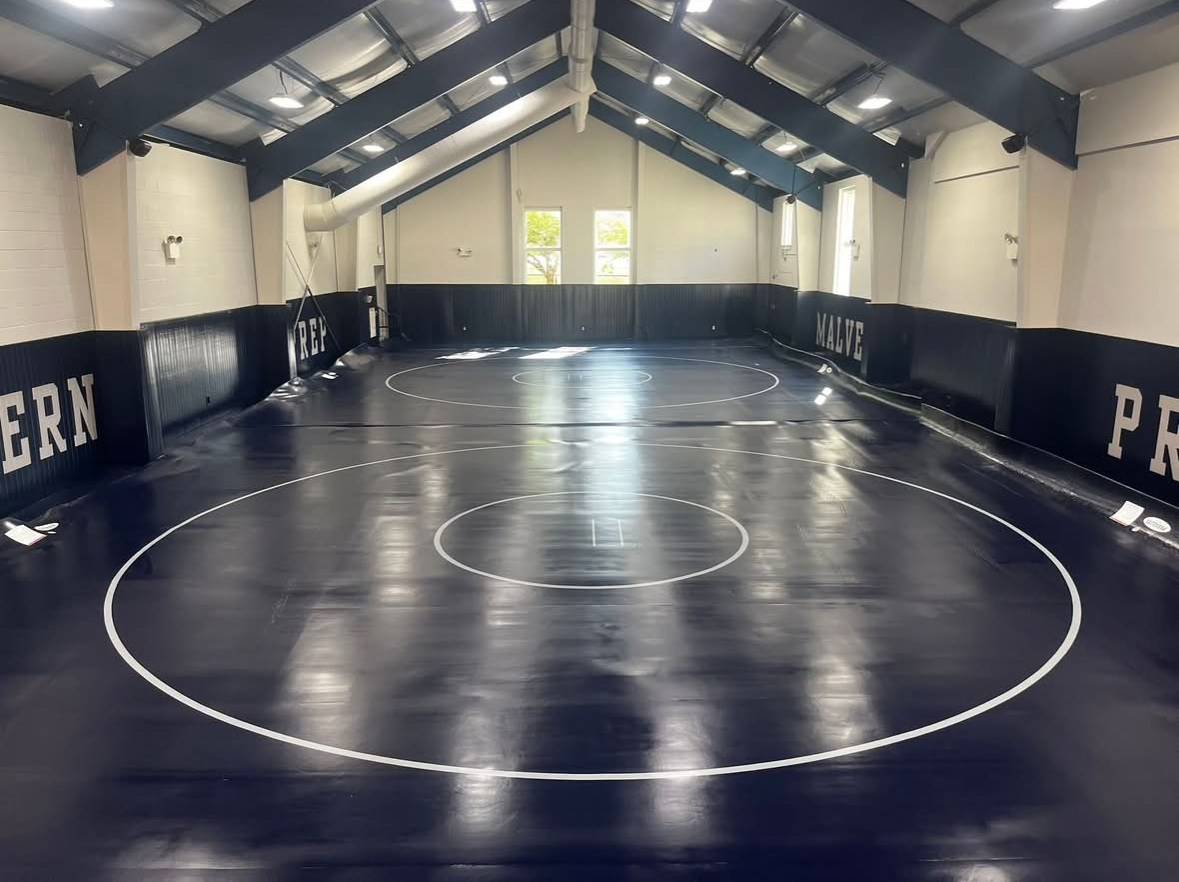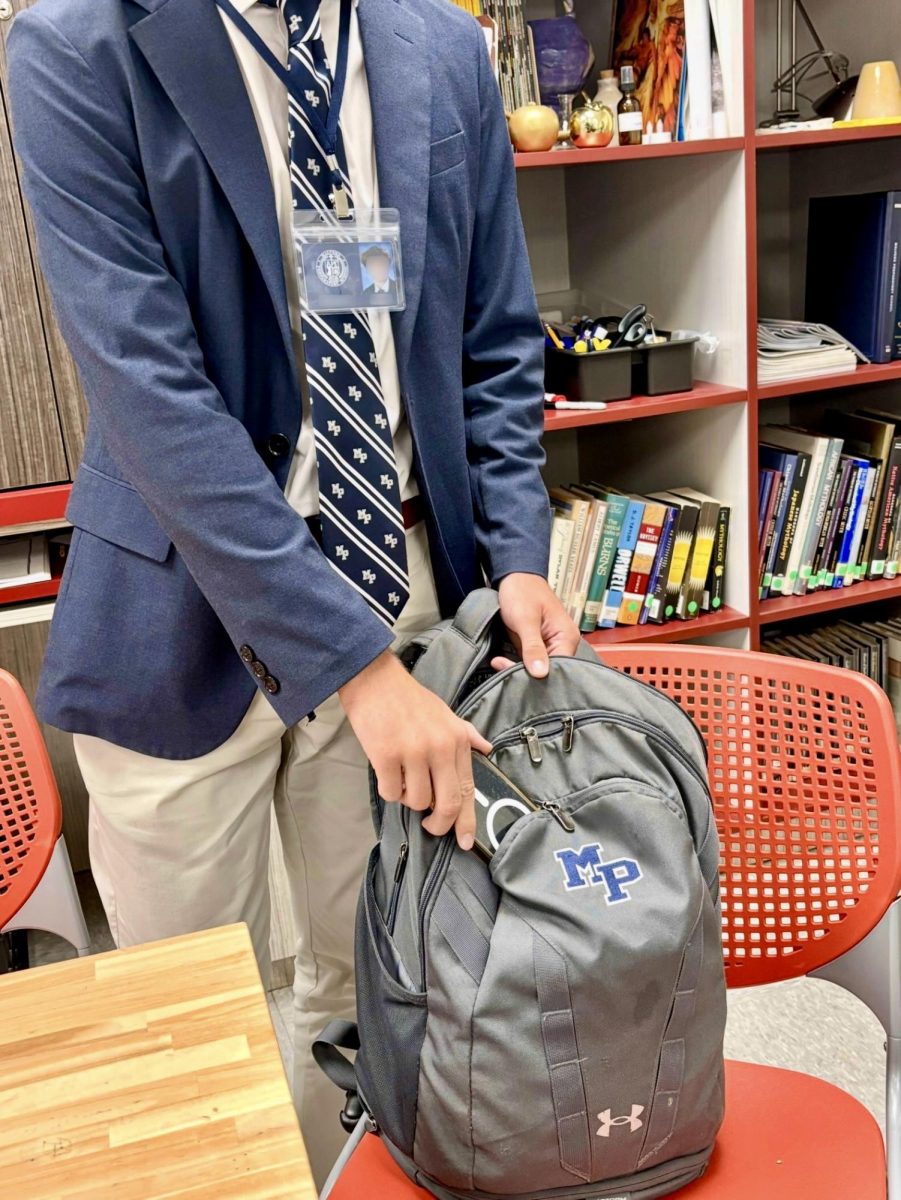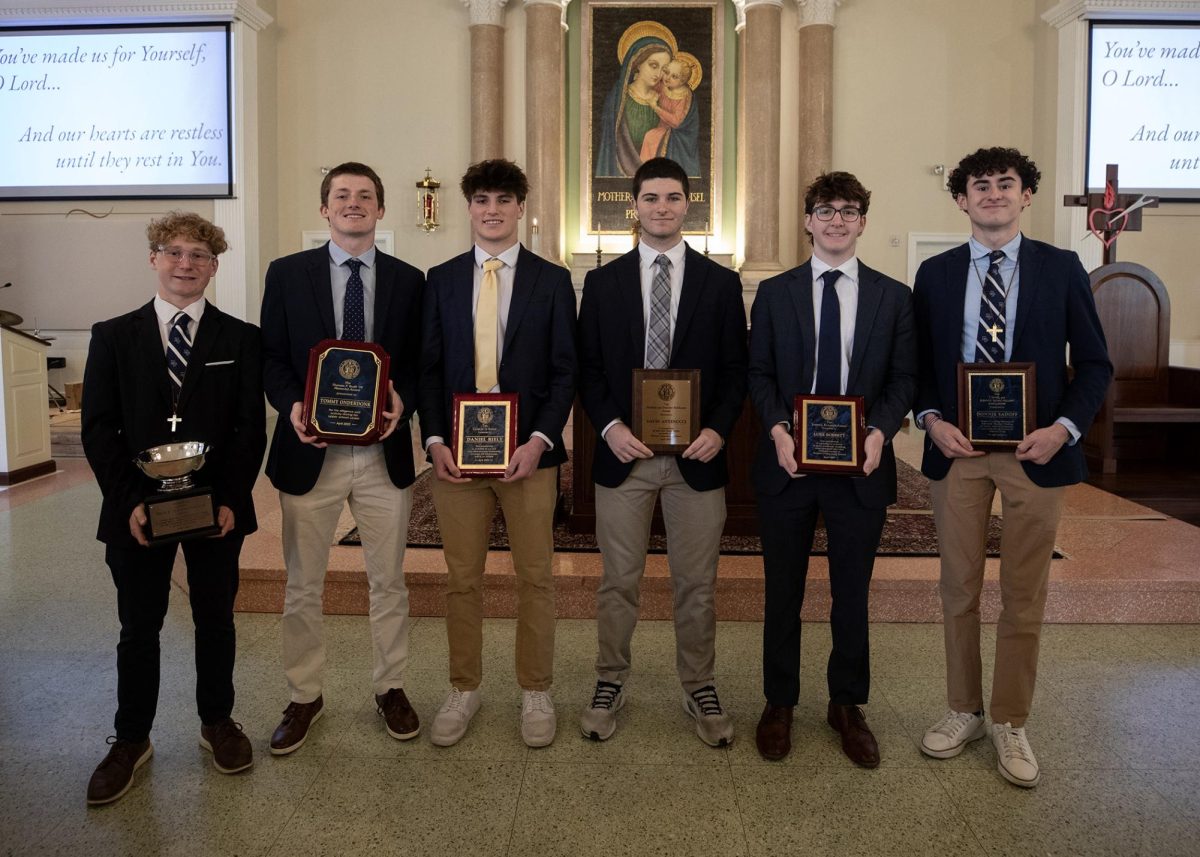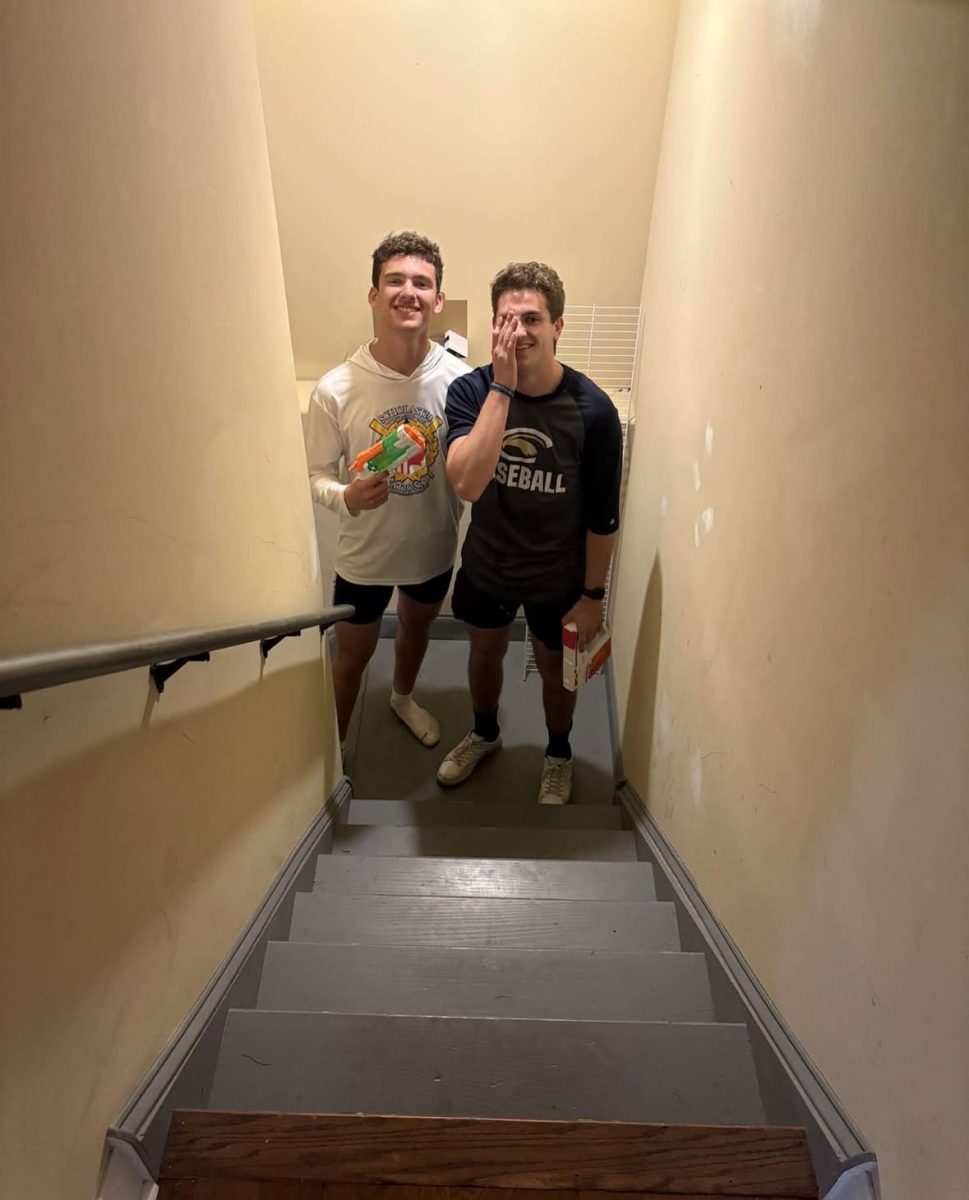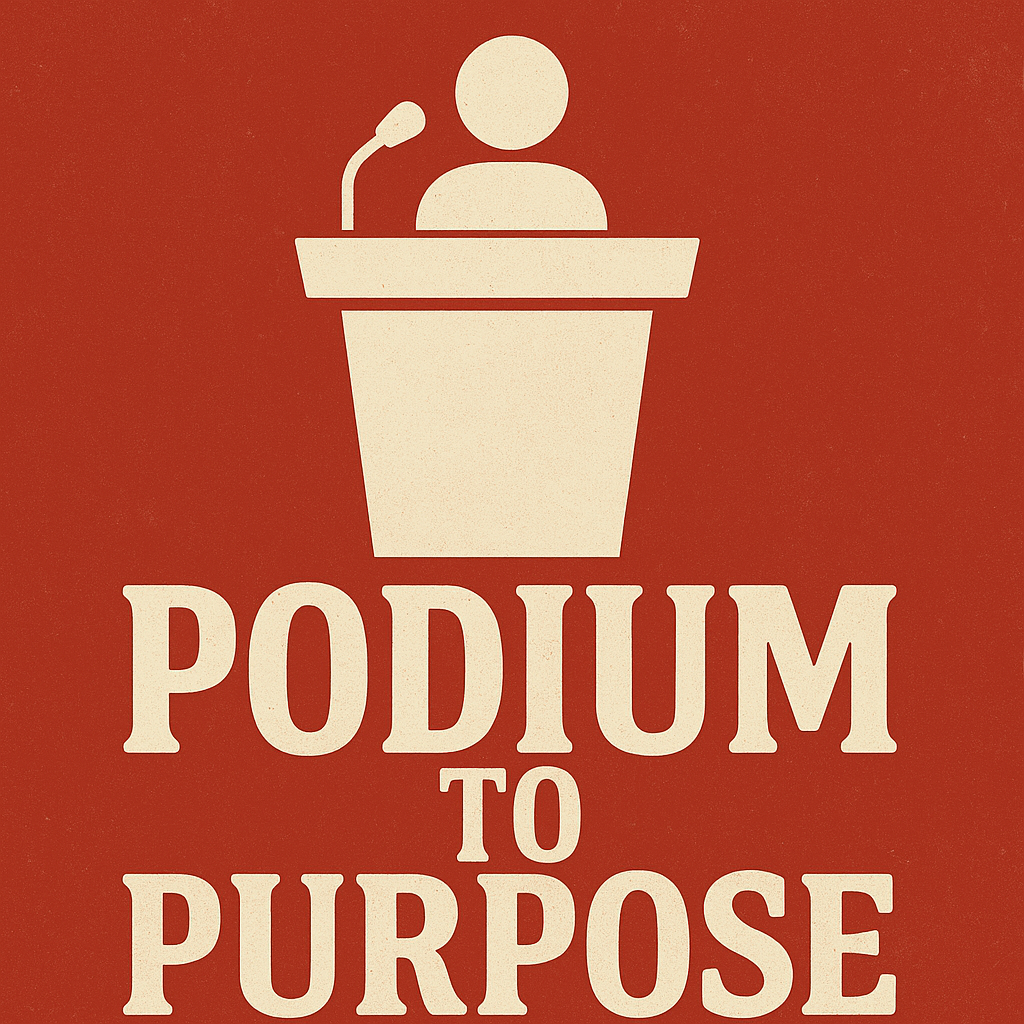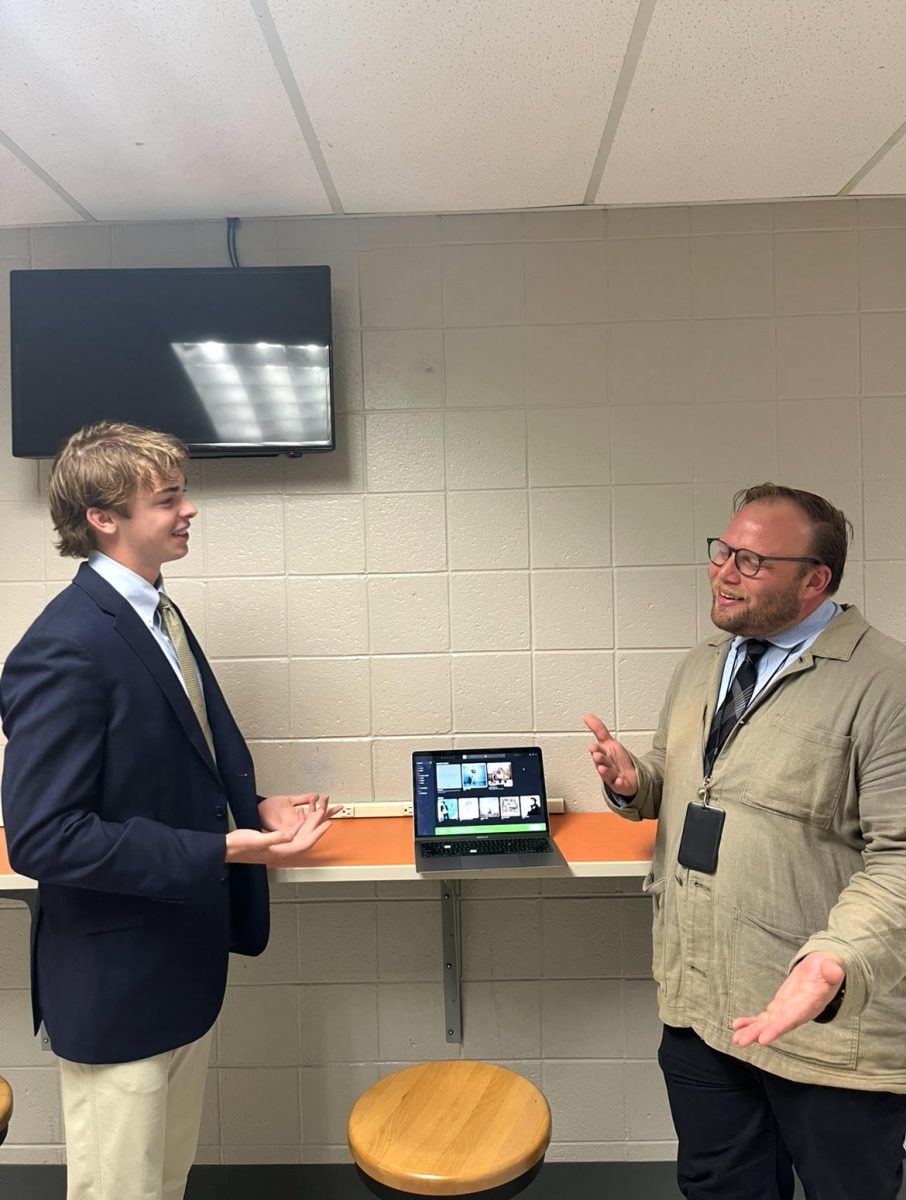After educating faculty and staff for over a year, Malvern decided to introduce the new SEED class to its students.
A diversity education project that originally started at the Wellesley Centers for Women came to Malvern students this September.
According to Middle School Counselor Mrs. Carissa Casey, the national project, SEED, was brought to Malvern by Assistant Director of Admissions and Diversity Mr. Patrick Williams in the summer of 2015.
The term SEED is an acronym for “Seeking Educational Equity and Diversity,” according to Casey.
[perfectpullquote align=”right” cite=”” link=”” color=”” class=”” size=””]“Every cohort will have a slightly different experience because depending on who is in the group you hear different personal stories.”
-Mrs. Carissa Casey[/perfectpullquote]
“We brought it to Malvern for our faculty and staff members where we had our first cohort,” Casey said. “And once we had our faculty and staff members do it, we knew that we wanted our students involved.”
“This is really a community effort,” she said.
Casey said the word ‘cohort’ is used because each one is “a community inside our larger Middle School community.”
“It’s one group that will go through the experience together, but they are still a part of that larger community as well,” she said. “Every cohort will have a slightly different experience because depending on who is in the group you hear different personal stories.”
Casey said that Malvern may also extend the SEED program to Malvern families. “From that support system, families, students, and educators all being a part of this experience, in order to make sure we have an inclusive community, we knew there had to be a student version.”
And SEED is not just limited to schools. “It’s an experience that … anyone in our nation can be a part of,” she said.
The class is currently being taught by four people: Casey, Assistant Director of Admissions and Diversity Mr. Pat Williams, School Psychologist Dr. Dorothy Sayers, and Upper School Biology teacher Mr. Stephen Borish. Science Teacher Mrs. Vernice Mulcahy is helping with the Eighth Grade.
SEED’s website states, “SEED starts with the assumption that we are each the authorities on our own experience, and can learn to facilitate effective conversation among our peers and colleagues about issues of equity and diversity.”
“SEED doesn’t need a crisis (such as bullying, sexual harassment, or racially motivated violence) to address the very real power dynamics of race, class, gender, etc. that play out systematically in schools, communities, and workplaces to the detriment of fully realized democratic education/experience for all,” the site states.
The project was started by Dr. Peggy McIntosh “to confirm her belief that teachers could be leaders of their own professional development.”
Dr. McIntosh, who earned her PhD. in English at Harvard, is best known for her “White Privilege Papers.” The papers address how both whites and males are over-privileged and state what can be done to change that. According to the papers, part of that is recognizing the problem.
McIntosh said that because of her work in Women’s Studies, she was able to see how over-privileged males and whites are. Both parties will refuse to recognize that they are privileged even though they will recognize that other parties are at a disadvantage.
Middle School Head Mr. Patrick Sillup said that the idea of a SEED class was first brought to him by Casey. “Now this is the first year we’re bringing it to students,” he said.
The classes take place during the eighth grade’s Feedback Block, and the sixth and seventh grades’ Academy Block once every eight days.
While not every faculty member is in SEED, the numbers of those enrolled are growing. “In the last year and a half we went from a few people being trained to now over half of our faculty are in training,” Sillup said.
Sean Hughes ’21 said that he enjoys the SEED class, but thinks the class hasn’t gone as deep as he thought it would.
“I think later we’re going to get into more personal stories,” Hughes said. “I think the SEED class is a pretty good idea for those people who wants to share personal stories,” he said.
Sillup hopes that the class will continue to be successful.
“I’m hopeful that SEED can be a really successful adventure for us,” he said.


